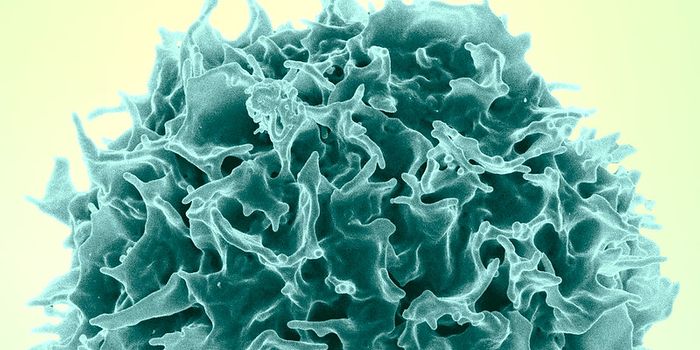Managing chronic diseases with a wearable drug deliver patch
A team of researchers at the University of North Carolina at Chapel Hill have designed a new type of drug delivery system that could help people with chronic conditions manage their healthy more effectively and efficiently. The team’s new design is described in a recent article published in Nature Communications.
Chronic conditions tend to require significant care and resources. This disease burden, particularly when it comes to the amount of time needed to managed an person’s health (eg, time spent dealing with medications or seeing a provider) has been linked to poorer patient outcomes. In general, people with chronic conditions tend to experience poorer health outcomes. This is especially true for chronic health conditions like diabetes. Managing this type of condition requires regular insulin use and (often) manual monitoring of blood glucose levels to prevent dangerous dips and spikes.
The new device developed at the University of North Carolina at Chapel Hill, called the Spatiotemporal On-Demand Patch (SOP), offers researchers a new path towards better management of chronic conditions. The SOP allows a specific, local treatment for wearers, cover roughly a one square millimeter area of space. Through the use of gold-covered microneedles, the device is designed to be very precise. When active by an electrical signal, the patch can release drugs into the body on demand. In fact, the patch isn’t specific to just one type of drug. It has the capacity to deliver perhaps hundreds of different drugs that can programmed to release in a certain order at certain times. Theoretically, these patches could help reduce the amount of visits a person has to make to a healthcare provider or reduce the amount of manual time needed to monitor medications.
The team initially studied the device in mice, testing how the patch delivered melatonin to improve sleep habits. This led to a grant that enabled testing of the device in mice to study Alzheimer’s.
Sources: Science Daily; Nature Communications; Ohio Department of Public Health








